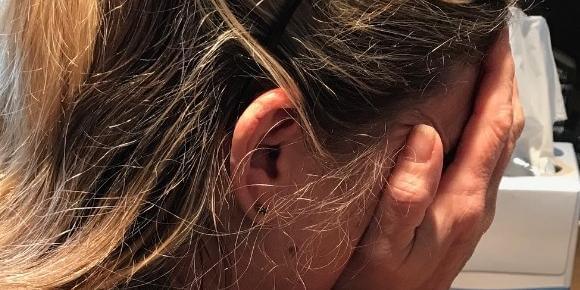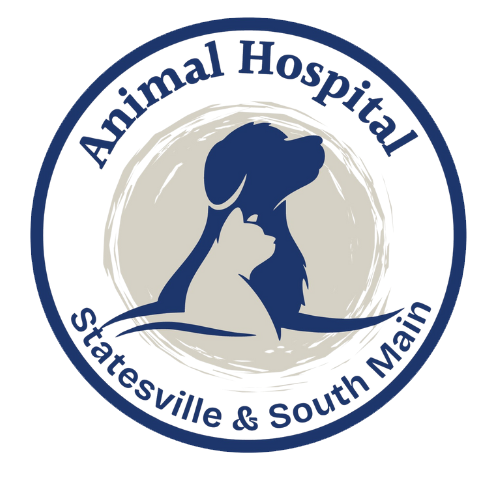
April is Stress Awareness Month. The veterinary field, including doctors, as well as techs and sometimes, even receptionists, has been particularly affected by what is known as compassion fatigue. Compassion fatigue “refers to the negative effects from working a job which requires compassion.”* In this and many “care” professions, there are many factors that contribute to compassion fatigue. We’ll start with euthanasia. On a daily basis, veterinarians have to deliver discouraging news to clients regarding their pets. These pets are often pets we (the staff as a whole) have seen since they were brought into their forever homes and we, too, have developed a relationship with the pet. To see them through from puppyhood to the end of their lives is often as emotional for us as it is for their owners. We try to hold it together for the owners and the families, be empathetic, calm and helpful. After the euthanasia procedure is over, we, as techs, are the ones who prepare the body of the pet for transport, either back to their homes for burial, or to the crematorium. We don’t take this responsibility lightly, and it is often very emotional for us. We want to treat these pets as we would want our pets treated in this situation, and are respectful and caring.
As you can imagine, this is emotionally draining. Often our euthanasias occur first thing in the morning, or the last thing in the evening. When they occur in the morning or during the day, we then have to get it together and be cheerful for our incoming patients. We don’t share our problems with the next client – they don’t want to hear about it. Sometimes, we have several euthanasias per day, so we try to share the responsibility among the techs present so that one tech doesn’t have to preside over all of them in one day. True, these pets aren’t OUR pets, but we, over time, develop a relationship with many of them and their owners, and we grieve with them and mourn their beloved pets. We’ve all “been there” with our own pets, so we have a good idea of what they are going through. Sometimes, pet owners can be rather unkind before, during or after the procedure, and they don’t understand that the process is also difficult for us. We understand, and try to not take it personally, but it adds to the compassion fatigue veterinary staff can experience.
Ultimately, we in the veterinary field knew that euthanasia would be part of the “deal” when we chose to be in this profession. Many in the field are having emotional difficulties dealing with compassion fatigue, and suicide has increased substantially in this field. We want to be there for our clients as they experience this sad event. All we ask is that you acknowledge that we have your best interests at heart, and we cry, grieve and mourn just like you do, but we do it several times a day, every day, all year long. We’ll do our best to prepare you for your pet’s last breaths and we’ll continue to do it with compassion and love for our clients.
I’ll blog again later on other job-related factors that contribute to compassion fatigue. I’m sure caregivers and nurses can relate to lots of these situations. It’s become a widespread problem in the veterinary field, even more so, they say, than in human medicine.
*Quoted from Rebecca Murray, CVT, MA, LCPC
